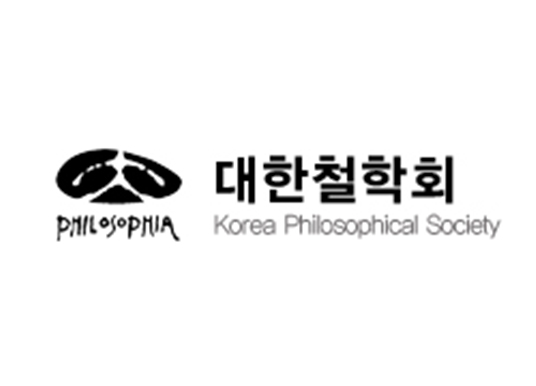북한 고대사상사에 나타난 원형 담론의 변용: 단군 개념을 중심으로
Transformation of the Archetypal Discourse in the History of North Korea’s Ancient Thought: Focusing on Dangun
본 연구는 고대 사상의 원형 문제에 있어 북한 단군 담론의 재구성과 변용 양상을 살펴보았다. 북한 철학계에서 단군 담론은 사상의 기원문제와 고조선의 정치사상으로 논의되었으며, 정치 이념의 변화에 따라 해석되며 자기 변용을 거듭하였다. 기원 문제를 보면, 단군신화에 대한 모순된 해석으로 관념론과 유물론이 공존하게 된다. 이를 통해 철학의 기원으로부터 투쟁의 역사가 시작될 수 있었다. 정치사상으로서 단군 담론은 북한 당국의 정치 이념에 따라 변화되었다. 정치 이념으로 선군사상이 제창된 시기에 고조선의 건국자인 단군은 군사적 측면의 영웅적인 선인으로 재해석되었다. 그리고 홍익인간사상과 단군겨레사상은 단군을 기반으로 한 북한식 민족주의를 옹호하기 위한 수단으로 거듭났다. 이를 통해 우리는 북한의 단군 담론이 정치 이념의 담론으로서 인민들의 개조를 위한 사상으로 기획되었음을 알 수 있다.
This study examines how North Korea reconstructs and transforms the concept of Dangun in the history of ancient philosophy. In North Korean philosophical circles, the concept of Dangun is discussed in relation to the origin of philosophy and the political philosophy of Gojoseon. The interpretation of Dangun changed as North Korean political ideology changed. When examining the origin of philosophy, conflicting interpretations of the Dangun myth allowed for the coexistence of idealism and materialism from the very beginning. Through this, the Marxist history of struggle begins from the origin of philosophy. As a political philosophy, the discourse on Dangun was influenced by North Korean ideology. From the perspective of Juche philosophy, Dangun was the founder of Gojoseon, while in the context of Songun philosophy, Dangun was transformed into a heroic Seonin. The philosophy of Hongik Human and Dangun nationalism are means to support North Korean-style nationalism based on Dangun. Through this, we can see that North Korea’s discourse on Dangun was designed as discourse of political ideology aimed at reforming the populace.
대한철학회
한국전통문화대학교 이난수

